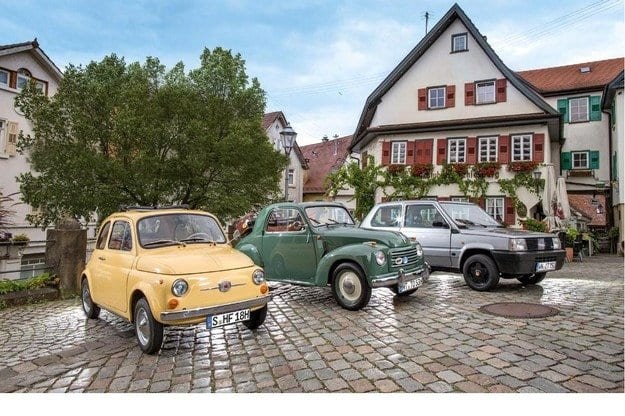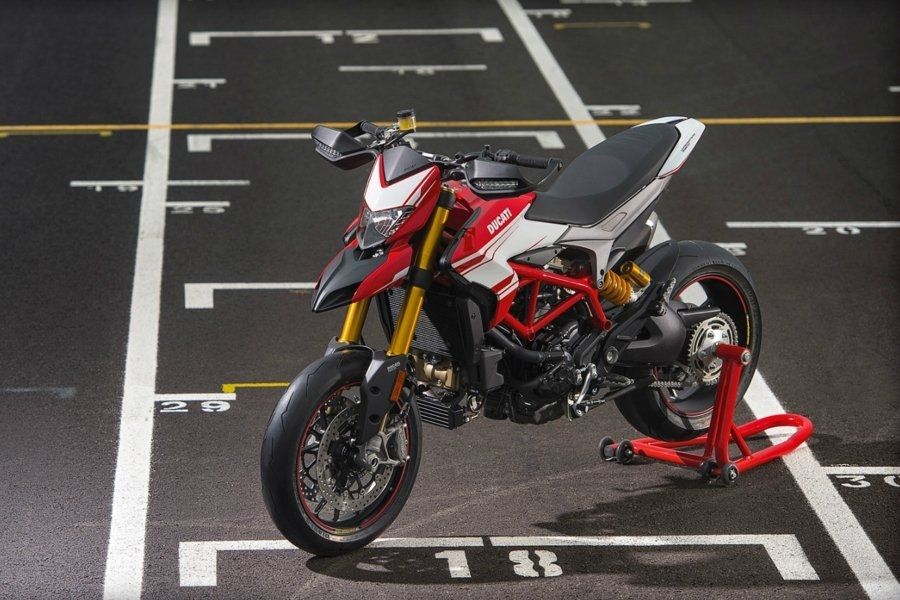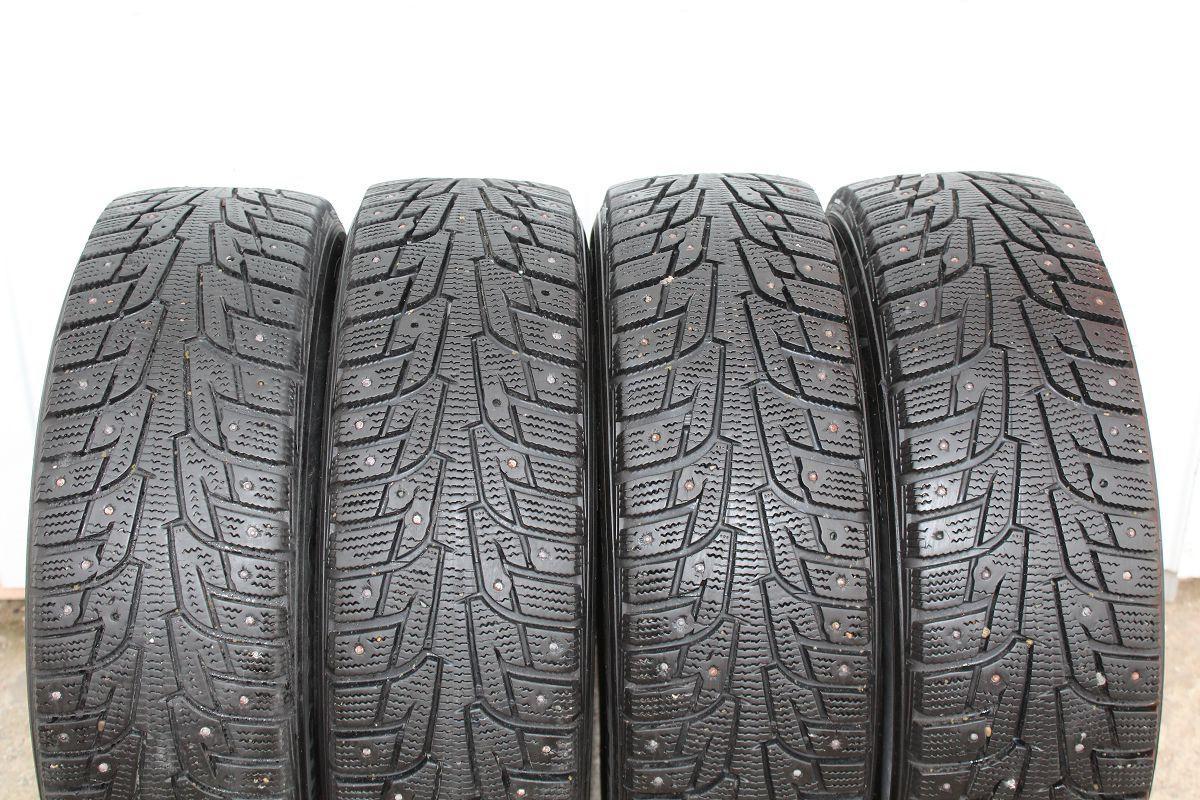
Pros and cons of Hankuk and Yokohama, comparative characteristics
Content
Positive qualities and disadvantages are found in each model, therefore, when choosing a specific kit, it is worth considering the standard traffic situation, temperature fluctuations and driving features.
To choose a set of tires to replace, motorists are forced to decide whether Hankuk or Yokohama winter tires are better. Each brand has pros and cons, so careful evaluation is required.
Which tires are better - "Hankuk" or "Yokohama"
To compare Hankook and Yokohama winter tires, you need to pay attention to certain aspects:
- acoustic comfort while driving - smooth and noisy;
- grip on dry or wet asphalt, traction on snow and ice;
- handling and directional stability on different types of road surface;
- hydroplaning resistance;
- fuel consumption.
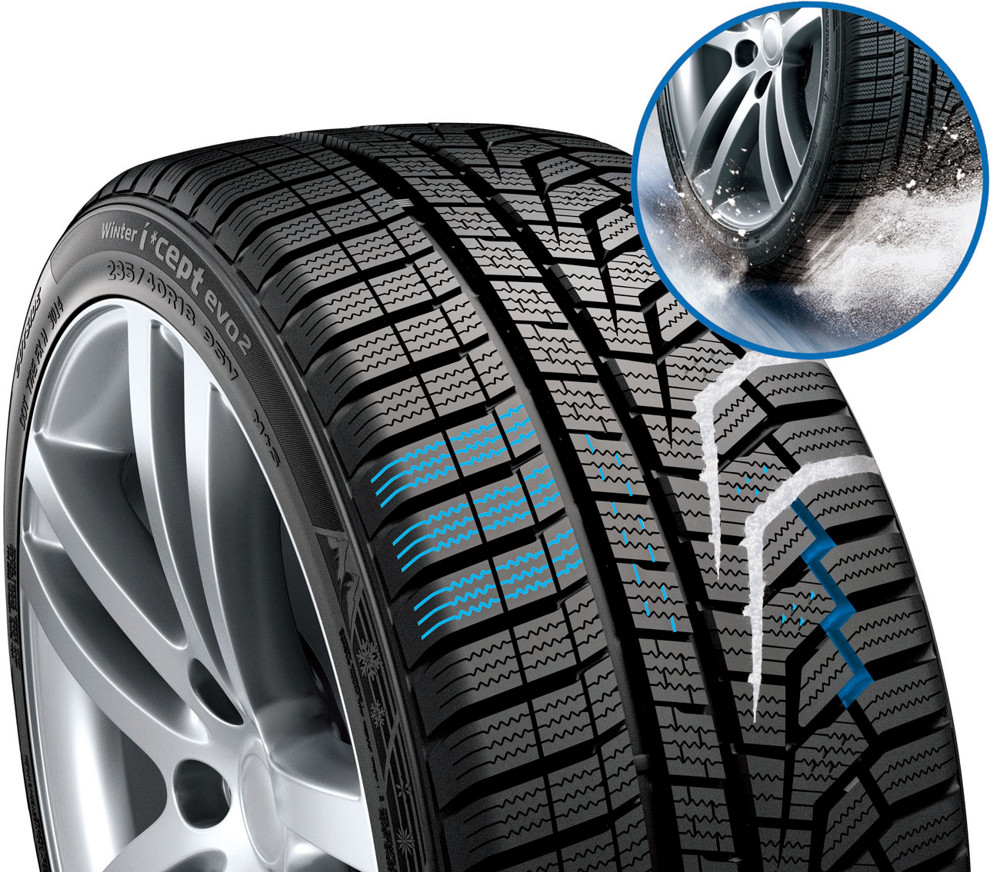
Winter tires Hankook
Hankook winter tires: advantages and disadvantages
Hankook is a South Korean manufacturer of premium tires. A set of seasonal car tires provides a high degree of directional stability and excellent handling when driving on snowy or icy roads.
The rubber compound securely holds the spikes, when braking, the path of the car stretches for 15 meters. Other advantages:
- low cost;
- strength and wear resistance;
- softness;
- low noise level;
- long period of operation.
Hankook is suitable for use in normal conditions - in the winter in the city.
Yokohama winter tires: pros and cons
Car owners accustomed to a sporty driving style, moving at considerable speed, often choose Yokohama. Installing such tires helps to reduce the braking distance. For the rear wheels, the manufacturer has provided metal spikes of the original design, which make the grip more reliable when driving on ice, and exclude the possibility of skidding.
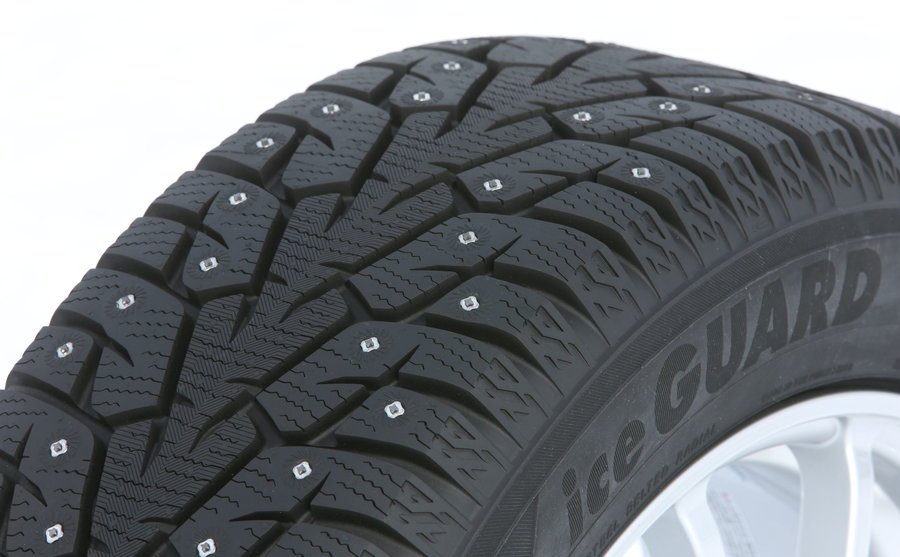
Winter tires Yokohama
The tread pattern is made in such a way that the tire repels moisture and dirt well, self-cleaning and protects the car from hydroplaning and slippage. A high degree of lateral stability is achieved.
The final comparison of winter tires "Hankuk" and "Yokohama"
The global automakers Volkswagen or Volvo supply cars equipped with Hankook tires to the market. But car owners must decide whether Hankook or Yokohama winter tires are better, based on their habitual driving style, road features in a particular area, and other characteristics.
Yokohama's longitudinal traction on ice is weaker than that of the competitor brand, on snow the rubber gives good acceleration, but the braking distance will be longer. In a snow drift, this tire option can slip.
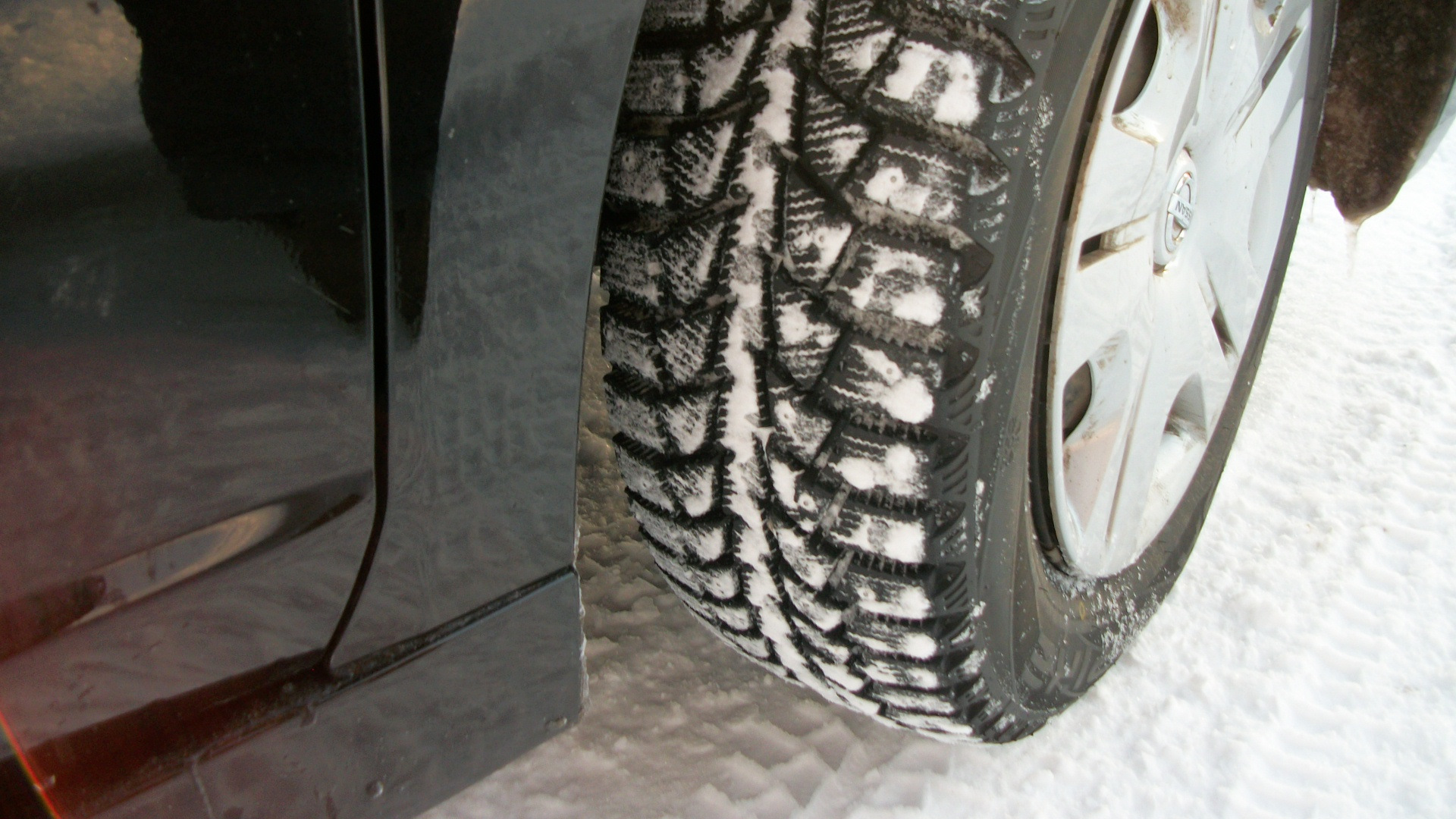
Comparison of winter tires "Hankuk" and "Yokohama"
The tests help compare Hankook and Yokohama winter tires, the results can be presented in a table:
| Yokohama | Hankook | |
| Expert evaluation | 85 | 86 |
| Place in the rankings | 6 | 5 |
| Owner rating | 4,2 | 4,3 |
| Controllability | 4,1 | 4,3 |
| Acoustic comfort | 4,1 | 4,2 |
| Durability | 4,1 | 3,9 |
Hankook is distinguished by acceptable results both when driving on ice and during overcoming snow drifts. Tires provide significant directional stability and controllability, are characterized by stable cross-country ability. On clean pavement they make a little noise.
Positive qualities and disadvantages are found in each model, therefore, when choosing a specific kit, it is worth considering the standard traffic situation, temperature fluctuations and driving features. You need to compare the performance of tires and the reviews of car owners using them, and then make a decision.
